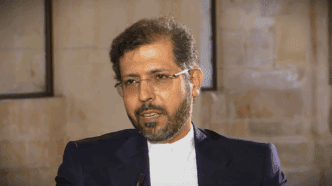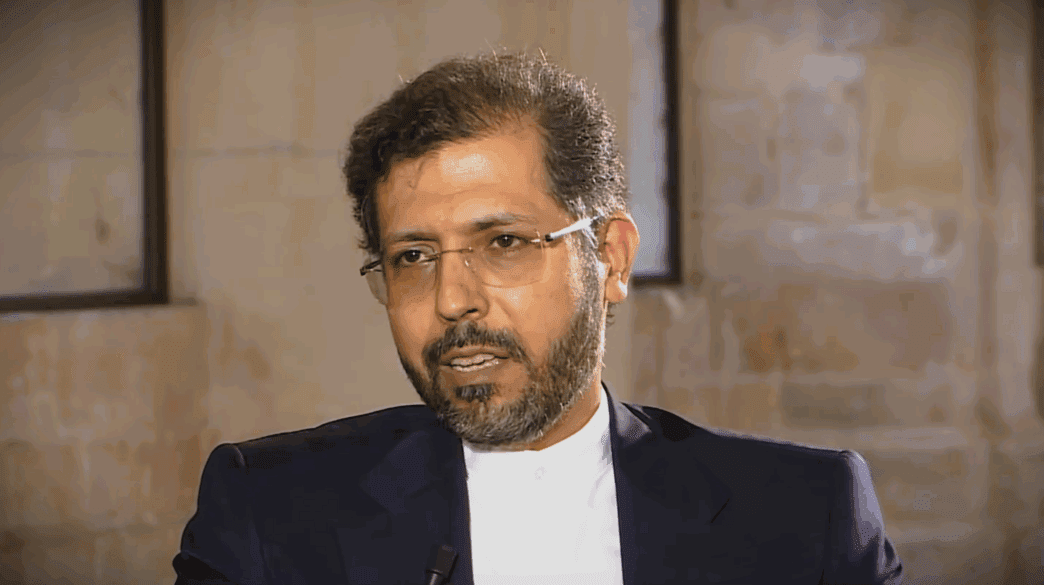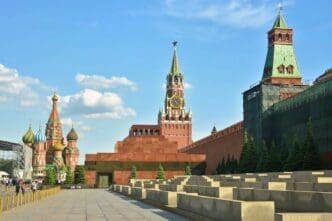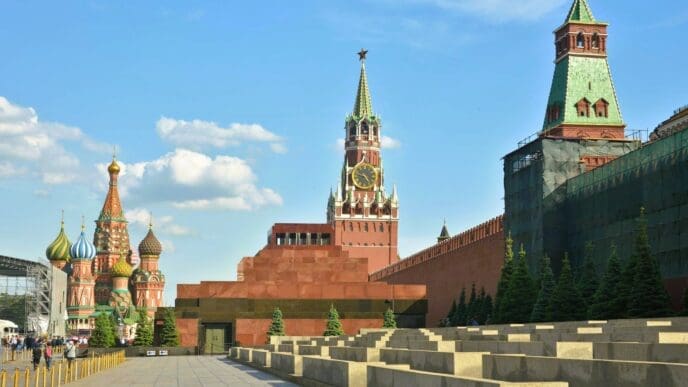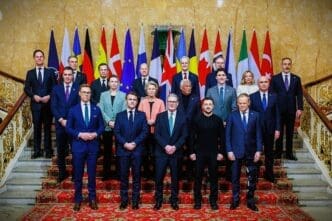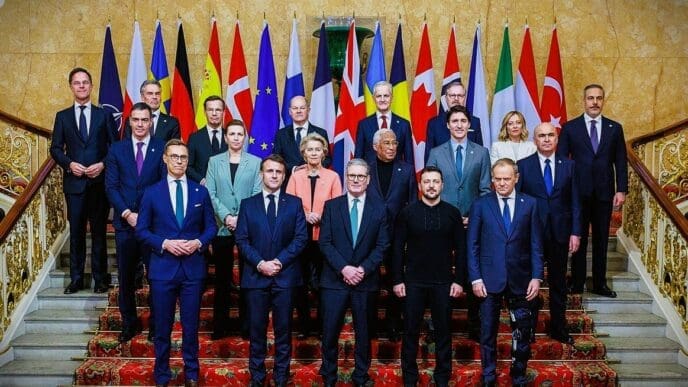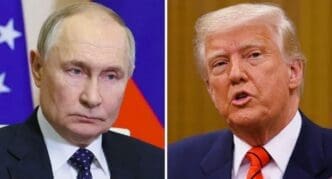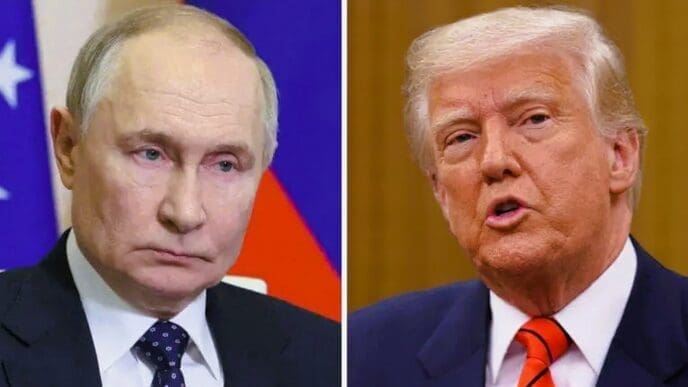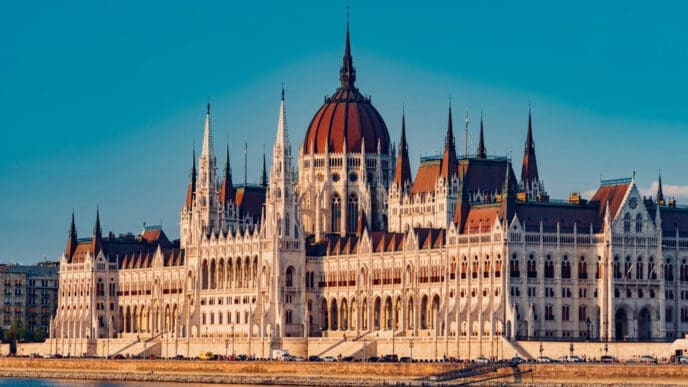The escalating conflict between Israel and Iran has taken a significant turn as Iran’s deputy foreign minister, Saeed Khatibzadeh, warned that U.S. involvement in Israeli strikes would lead to “hell for the whole region.” Speaking to the BBC, Khatibzadeh emphasized that the conflict was “not America’s war” and cautioned that if U.S. President Donald Trump decided to intervene, he would be remembered as “a president who entered a war he doesn’t belong in.”
The Iranian official’s comments come in the aftermath of an Iranian missile attack that hit the Soroka Medical Centre in southern Israel. Although Iranian state media claimed the attack targeted a nearby military site, Israel’s Ministry of Health reported that 71 people were injured in the hospital strike. In response, Israel’s military confirmed targeting Iranian nuclear sites, including the Arak heavy water reactor and Natanz facility.
This military escalation arrives at a critical juncture as the White House announced President Trump would decide on potential U.S. involvement within the next two weeks. Khatibzadeh reiterated Iran’s preference for diplomacy but stressed that ongoing bombardments hinder peaceful negotiations. Referring to the conflict as “unprovoked” and “unnecessary,” he highlighted that Iran was engaged in nuclear talks until Israel’s attacks disrupted the process.
Accusations have flown between the two nations, with Israel alleging Iran’s attempts to weaponize enriched uranium — a charge Tehran denies, asserting its nuclear program’s peaceful intentions. The International Atomic Energy Agency (IAEA) reported Iran’s uranium enrichment levels approaching weapons-grade, a claim Iran dismissed as “nonsense.”
In a bid to de-escalate tensions, U.S. special envoy Steve Witkoff and Iranian Foreign Minister Abbas Araqchi have reportedly been in communication, exploring diplomatic resolutions. However, Tehran insists that negotiations cannot resume unless Israeli attacks cease.
As global diplomatic efforts continue, Khatibzadeh mentioned discussions with European leaders aiming to revert to diplomacy. “What we are hearing from Europeans is that they would like to get back to diplomacy at a ministerial level,” he stated, noting an upcoming meeting in Geneva to address the issues.
The situation remains tense, with President Trump facing a pivotal decision that could shift the dynamics of the Middle Eastern conflict.

